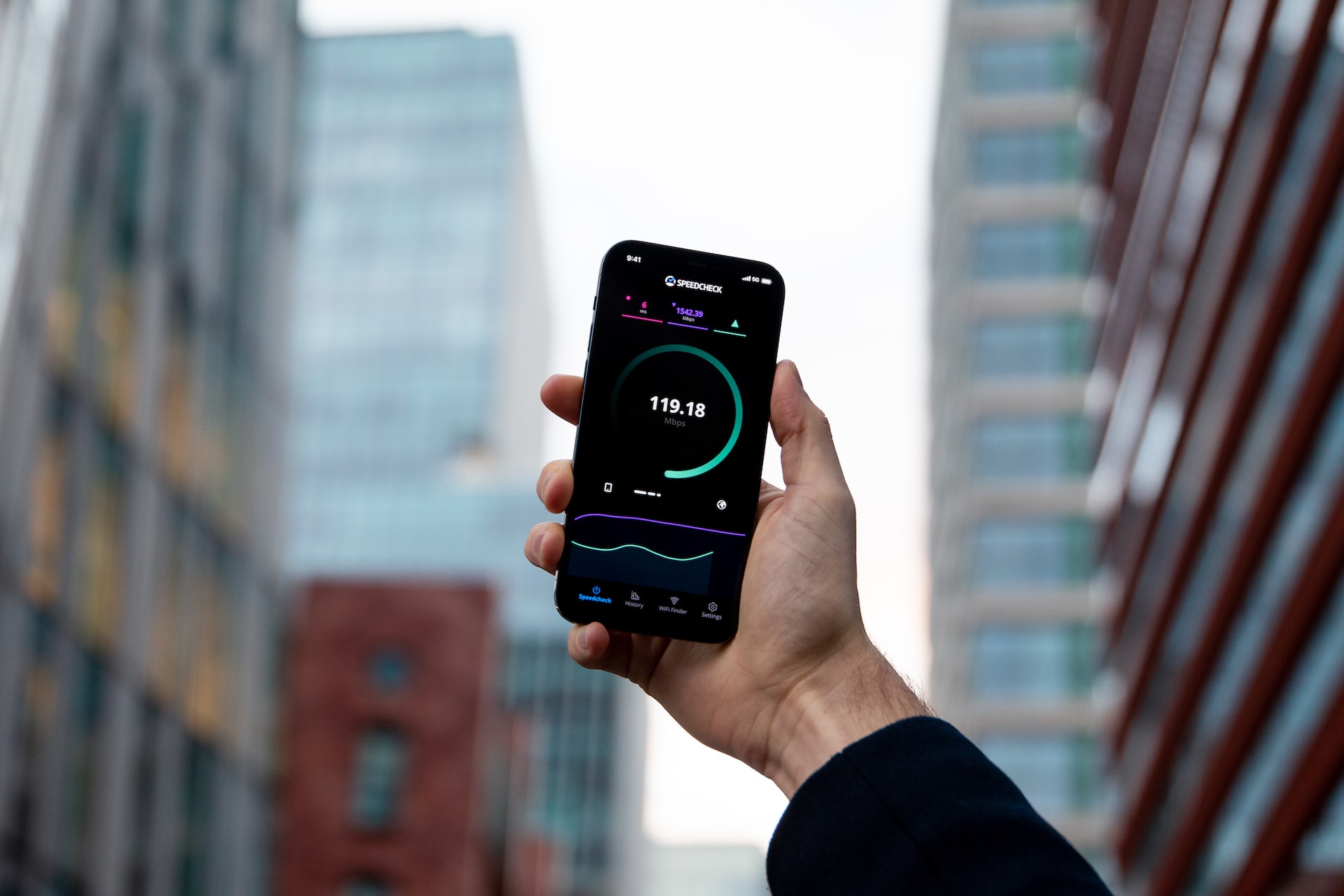Choosing the right internet speed for your household can be a daunting task, especially with the multitude of options available. With the rise of remote work, online streaming, and video conferencing, a reliable and fast internet connection has become a necessity. In this article, we will discuss the factors to consider when choosing the right internet speed for your household.
- Number of devices connected The number of devices connected to your internet network is a crucial factor to consider when choosing the right internet speed for your household. Every device connected to your network shares the same bandwidth, and the more devices connected, the more bandwidth is required. For example, if you have a family of four, and each person has a smartphone, tablet, and laptop connected to the network, that’s a total of 12 devices. Therefore, you would need a higher internet speed to accommodate all these devices.
- Internet activities The type of internet activities your household engages in is another important factor to consider when choosing the right internet speed. For example, if your household streams a lot of videos, you would need a higher internet speed than if you only use the internet for browsing and email. Online gaming and video conferencing are also bandwidth-intensive activities that require a fast and reliable internet connection.
- Internet service provider (ISP) Your internet service provider (ISP) plays a significant role in determining the internet speed available to your household. ISPs offer different internet plans with varying speeds and prices. It’s important to do your research and compare the plans offered by different ISPs before making a decision. Some ISPs may also offer faster internet speeds in certain areas, so it’s worth checking if faster speeds are available in your location.
- Data caps Data caps are a limit placed on the amount of data you can use each month. If you exceed the data cap, you may be charged additional fees or experience slower internet speeds. Some ISPs offer unlimited data plans, while others may have data caps. If you engage in activities that consume a lot of data, such as streaming or online gaming, it’s worth considering an unlimited data plan.
- Peak usage times Peak usage times refer to the times of day when the internet network experiences the most traffic. This typically occurs during the evening when people are streaming videos or engaging in online gaming. If you experience slow internet speeds during peak usage times, it may be worth considering a higher internet speed to ensure a smooth and uninterrupted experience.
- Upload and download speeds Upload and download speeds refer to the speed at which data is transferred to and from your device to the internet network. Download speed is the speed at which you can receive data, such as streaming videos or downloading files. Upload speed is the speed at which you can send data, such as uploading photos or videos to social media. If you engage in activities that require fast upload or download speeds, such as video conferencing or file sharing, it’s important to consider an internet plan with fast upload and download speeds.
In conclusion, choosing the right internet speed for your household requires careful consideration of several factors, including the number of devices connected, internet activities, ISP, data caps, peak usage times, and upload and download speeds. It’s important to do your research and compare the plans offered by different ISPs before making a decision. Additionally, it’s worth noting that the internet speed you choose may affect your overall internet experience, so it’s worth investing in a plan that meets your household’s needs.








